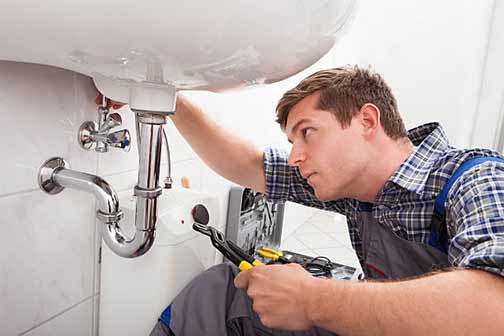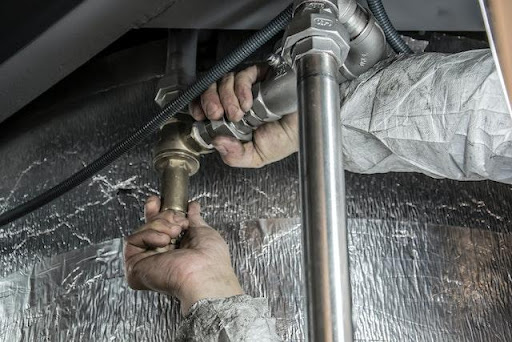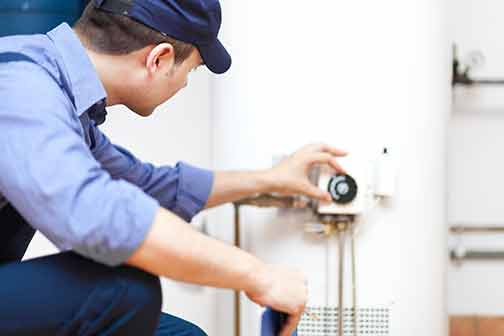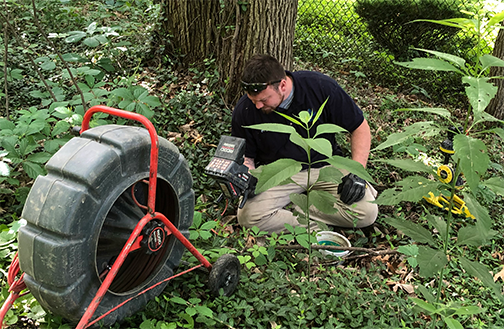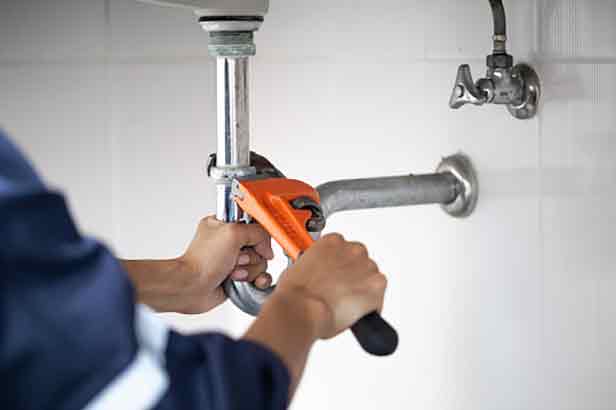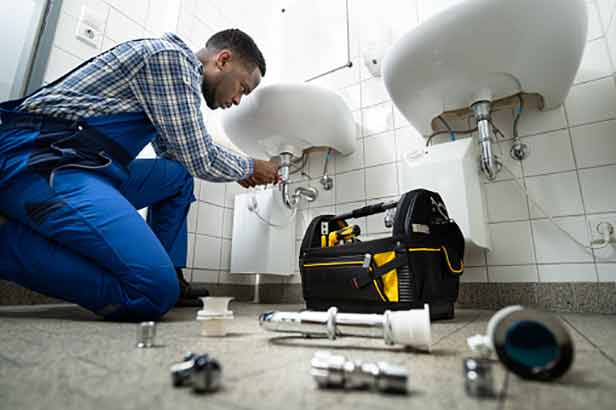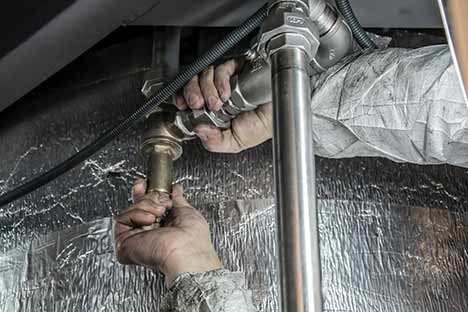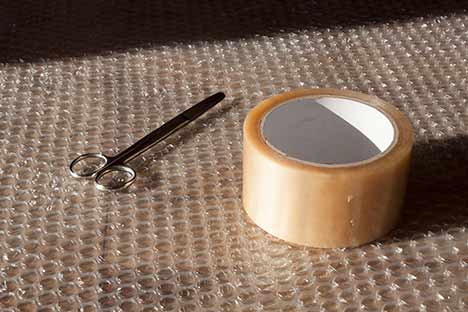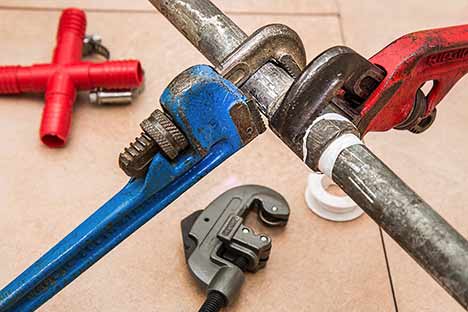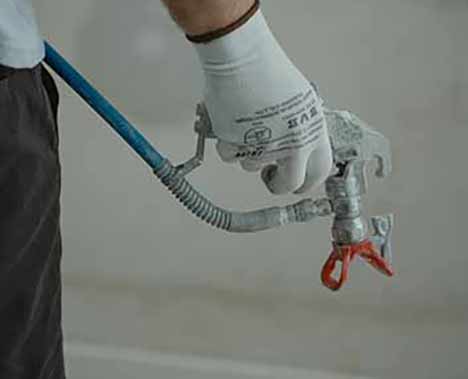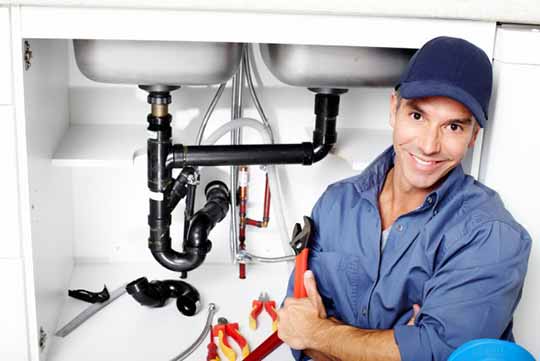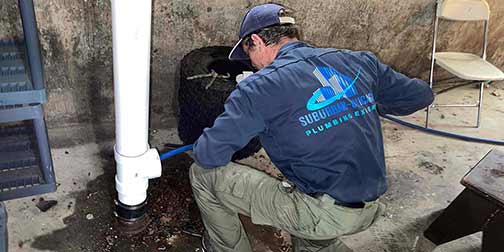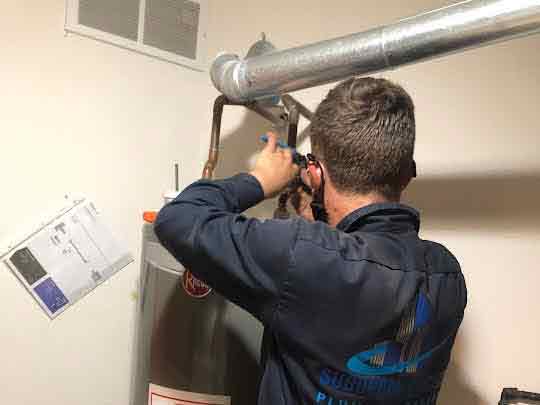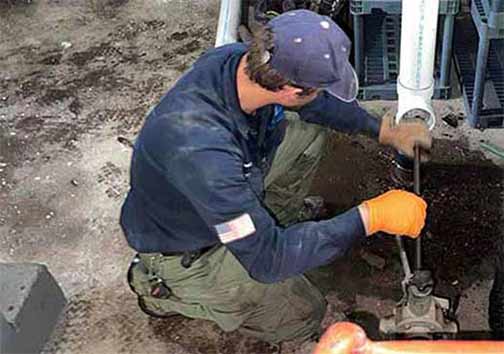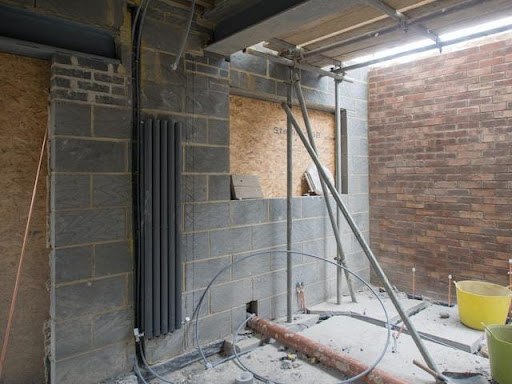
Problems in your home’s plumbing don’t just happen overnight. Most times, they take weeks or months to unfold. The reason a lot of the plumbing issues in homes happen as emergencies is because the early signs of the problem are undetected or they were overlooked.
Because most plumbing issues in the home are preceded by warning signs, it is possible to prevent them. If you are keen to minimize your plumbing maintenance costs and prolong the life of your plumbing, Rockbridge Real Estate says you need a system for early detection and quick resolution of problems.
In this post, we identify four of the most common plumbing issues in homes and explain what you can do to prevent them.
4 common plumbing issues in homes and how to prevent and solve them
Clogged drains
Clogged drains happen when solid or semi-solid materials inside the drainpipes prevent wastewater from flowing freely through the drainage system.
Causes of drain clogs:
- Hair inside shower drains
- Dumping grease into the kitchen sink
- Flushing materials other than toilet paper and human waste into the toilet
- Too much soap scum mixing with grease inside the drains
- Small items that fall into the toilet or other drains
Signs of a clogged drain include:
- Slow draining sink or shower
- Water collecting in toilet bowl instead of flushing
- Gurgling sounds when you flush the toilet
- Movement in nearby drains when you use the washer
- Odor of sewage gases in the home
How to prevent the problem:
- Install strainers over drain openings
- Never pour grease into the drain
- Only flush toilet paper into your toilet
- Call a professional plumber if you see any of the above signs
- Have the drainage system inspected and cleaned once a year

The main problem with leaky pipes is the problem is notoriously hard to detect.
Leaky faucets and pipes
A leaky pipe won’t only waste water and increase your water bills but can cause massive damage to flooring, walls, cabinets and even the building foundation. The main problem with leaky pipes is the problem is notoriously hard to detect. That is because pipes are often found in inaccessible parts of the home. Leaky faucets, on their part, will also waste your water, but they are more of a nuisance due to the irritating sound of constant dripping.
Causes:
- Excessive water pressure can cause pipes to leak
- Extreme temperature changes will cause pipes to freeze and burst
- Sediments inside pipes can also make them prone to leak
- Weak pipe joints will cause leaks
- In faucets, the main cause of leaks is a damaged washer
Signs of leaky pipes and faucets:
- Inexplicable increase in water bills
- Drop in water pressure
- Presence of mold and mildew in the home
- Increase in vermin population around the yard
Preventing the problem:
- Since leaks are mostly caused by wear and tear, a yearly pipe inspection is the best way to prevent the problem
- Knowing how to prepare the plumbing for winter will help prevent frozen pipes
Water pressure issues
All water pressure issues in the home are bad. But it is low water pressure that usually gets the homeowner’s attention because it makes simple things like taking a shower, washing clothes or doing the dishes hard. High water pressure is worse than low water pressure because excessive water pressure will damage appliances and make the plumbing more likely to leak.
Causes:
- The problem may be from the municipal water supply
- Leaking pipes and faucets can divert water pressure
- Overuse of water in the home; too many plumbing fixtures being used at once
- Pipes diameter has been narrowed by sediments
- Clogged faucet aerators and showerheads
How to prevent the problem:
- Clean faucet aerator and showerhead with vinegar to remove sediments
- Install a water filtration system to prevent sedimentation
- Contact the utility company to report the problem
- Check pipes on a schedule to detect leaks
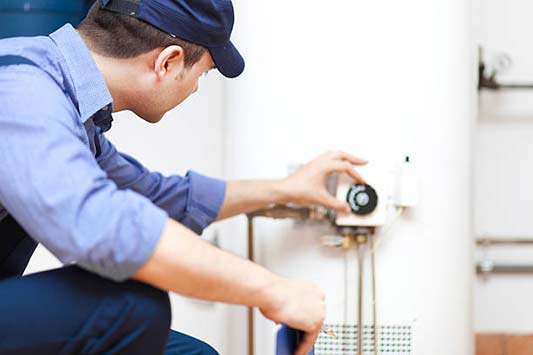
The majority of the issues highlighted are caused by sedimentation inside the water heater tank.
Water heater issues
Water heater issues are particularly dangerous because of the risk of electric shocks, fires and explosions. Common water heater issues include;
- Discolored water
- Noises from the water heater
- No or inadequate hot water
- Puddles beneath the water heater tank
- Excessively hot water from the water heater
The majority of the issues highlighted are caused by sedimentation inside the water heater tank. Sediments will not only discolor the water. It can prevent effective heating. Sediments will also cause your water heater to leak.
How to prevent water heater problems:
- Tank water heaters should be drained at least once a year
- Replace essential components like the anode rod when needed
- Once a year, have the water heater checked for leaks and other problems
- Install a water filtration system to prevent sedimentation inside the water heater
To conclude, the two most vital steps for spotting or preventing plumbing issues in your home are;
- Regular inspections, and
- Knowing the signs of different plumbing problems
If you can spot the signs of an impending issue and call a professional plumber to fix them, your plumbing will be just fine.
